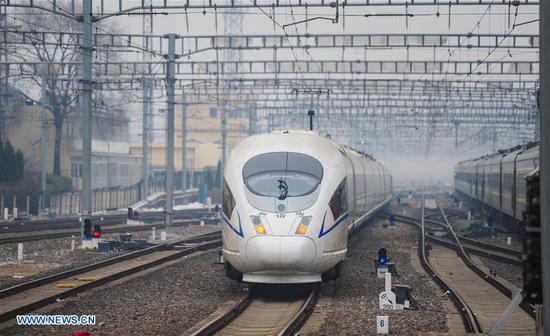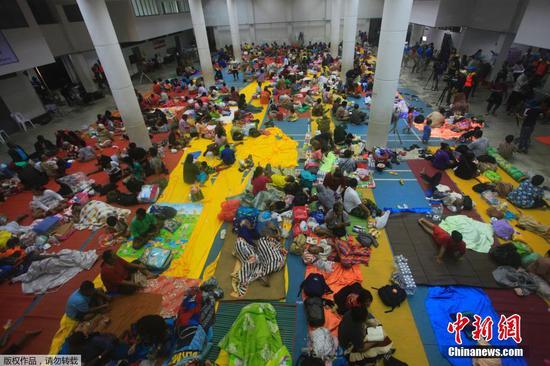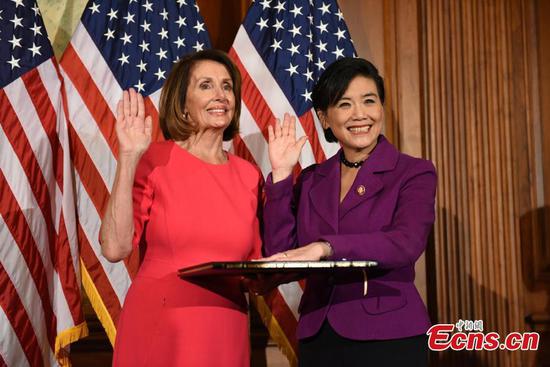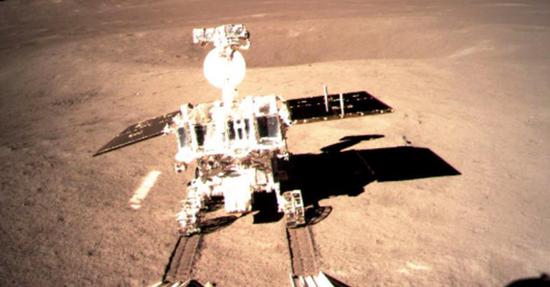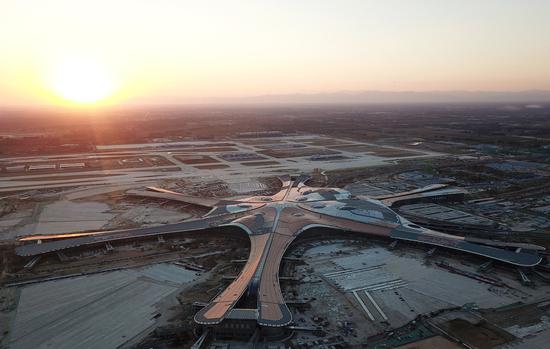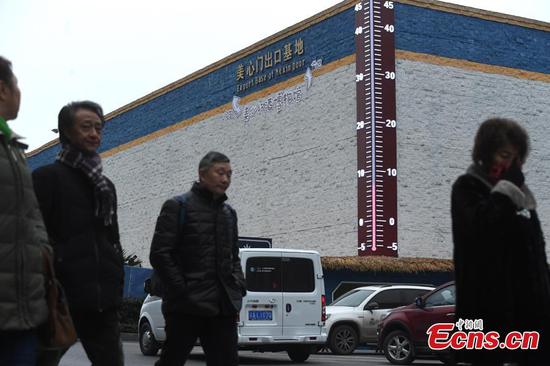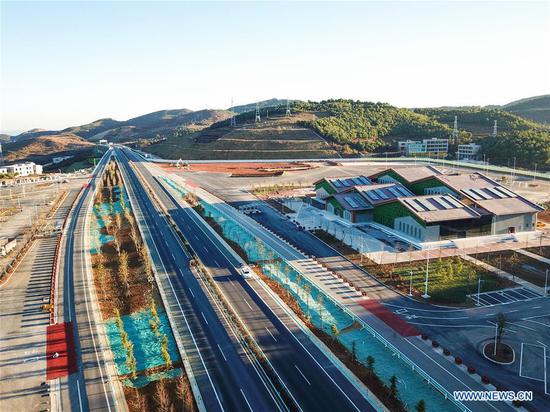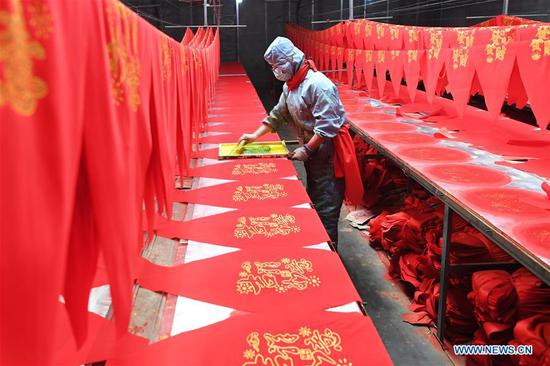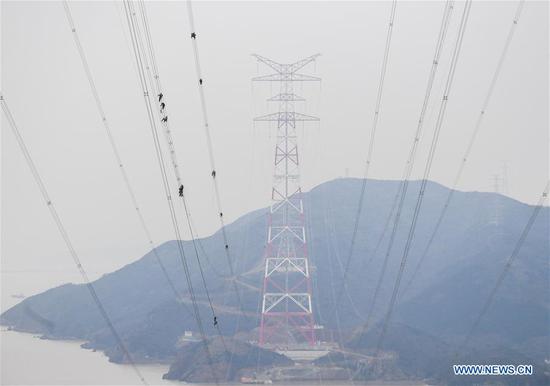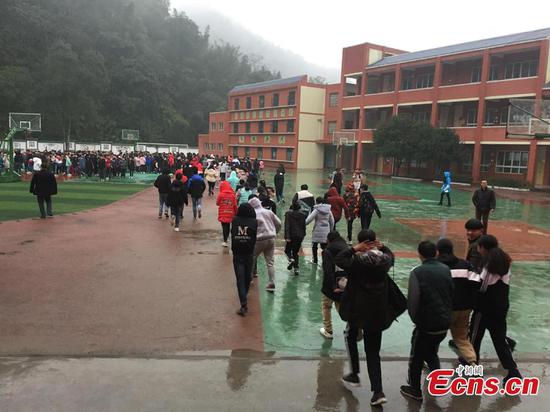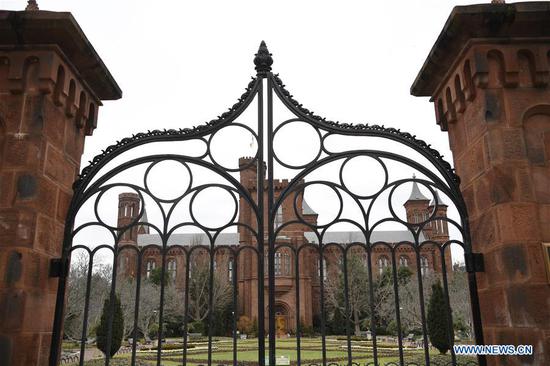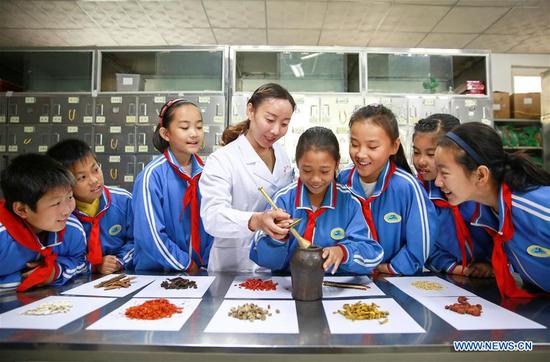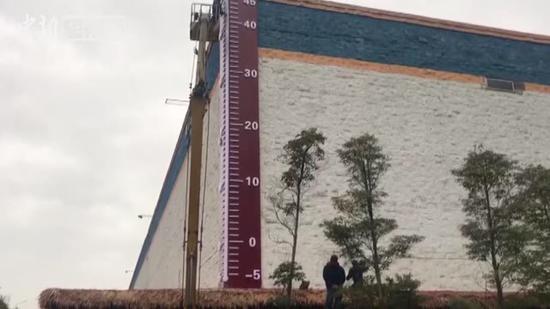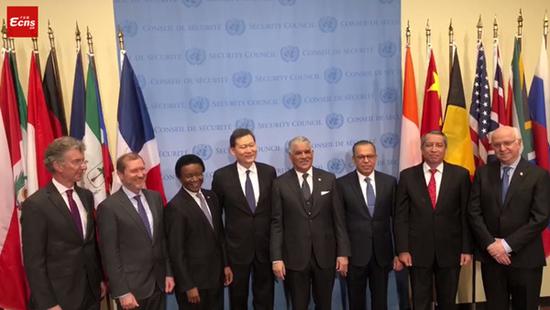When Washington launched an investigation into China's trade practices and treatment of intellectual property under Section 301 of its 1974 Trade Act in August 2017, most observers probably thought one thing: the move was comparable to previous trade spats between the world's two largest economies.
Yet few predicted the long-term consequences and the subsequent trade war that has unfolded over the past half-year. And in my three years of covering the Chinese economy and international trade, the current tensions are a situation that I myself can admit to having not foreseen.
The reality now, and concern for much of the world economy, is that if the tit-for-tat measures continue, the impacts will spill beyond the Chinese and American economies, affecting global supply chains and markets. Some have even voiced concern that the tensions are evolving toward a Cold War-like setting, an impasse which would undoubtedly influence global politics.
Trade dispute begins
Following the Section 301 investigation, Washington released a report accusing China of unfair trade practices. In particular, it claimed that China's foreign investment laws were forcing U.S. firms into technology transfers with domestic partners, and that American intellectual property was being stolen.
Then on March 22, U.S. President Donald Trump announced a memorandum, stating that Washington would impose a 25 percent tariff on 60 billion U.S. dollars' worth of Chinese exports to the U.S.
Just a day later China responded, with officials laying out Beijing's unwavering stand, "China does not want to get involved in a trade war, but we are absolutely not afraid of one. We have confidence and the ability to handle any challenge.”
Beijing also labelled the investigation a “typical unilateral action that has its basis in protectionism”, as it stemmed from U.S. domestic laws, instead of abiding by the multilateral rules of the World Trade Organization (WTO).
Previously, when responding to questions on trade frictions with the U.S., Beijing often softened its tone saying, “China and the U.S. are important trade partners”, or, “we hope we can achieve a win-win result.” But this time around, Beijing's rhetoric was significantly stronger, using terms like “trade war” in a much more open manner. And from what I recall in covering China's Ministry of Commerce since 2015, these were some of the harshest statements that I'd heard from officials.
The Chinese Ministry of Commerce holds its weekly briefing every Thursday. During China's most important annual political gathering in mid-March, the Two Sessions, those briefings are paused. It was March 29 last year when officials first spoke at the weekly briefing to the media following Trump's announcement.










